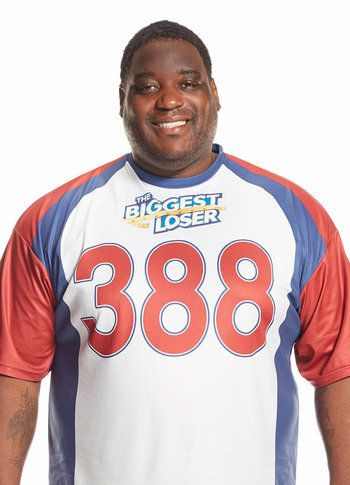Diet Plans for 2015: The Best Ways To Lose Weight In The New Year

Approaching your annual New Year’s weight loss resolutions might feel daunting, especially if you’ve had limited success in reaching previous years’ goals. One way of getting yourself motivated to tackle these resolutions is to find a diet plan that you can realistically commit to. Diet plans, typically formulated by nutrition and fitness experts, help to regiment a process that may otherwise be vulnerable to inconsistency and impulsive breaks. Choosing one that will be compatible with your particular fitness goals and lifestyle is a good way of making some headway on those seemingly unattainable weight-loss targets.
Below is a roundup of different diet plans you might consider taking up in the new year:
DASH Diet: This diet plan was initially developed to fight high blood pressure but has since been shown to help shed unwanted pounds. DASH, which stands for “Dietary Approaches to Stop Hypertension,” emphasizes vegetables, fruit and low-fat dairy foods along with moderate amounts of fish, poultry, whole grains and nuts, according to the Mayo Clinic. You can also customize it based on your sodium-intake needs. The diet plan’s holistic approach to eating makes it a very healthy option with a number of potential health benefits beyond weight loss.
Volumetrics Diet: With 125 healthy recipes to choose from, the Volumetrics plan gives you plenty of food options to get you going. The diet’s claim to fame is that it helps you to lose a pound or two a week through the “science of satiety”-- essentially, eating foods that will help to control hunger. This will mean eating a lot of “high volume, low calorie” foods like salads, soups, and whole grains, according to Good Housekeeping. The drawback is that following the meal plans can be labor intensive, involving calculating the energy density of the various foods you will eat.
TLC Diet: Another diet that was not originally formulated for weight loss but which nonetheless has been shown to help lose weight, the Therapeutic Lifestyle Changes (TLC) plan was created by the National Institutes of Health for the purpose of lowering cholesterol levels and improving cardiovascular health. The diet focuses on sharply cutting down on saturated fats and increasing fiber intake. Though TLC allows you broader flexibility in the foods you eat, it is a less regimented plan than some so it may be a good option only if you’re interested in expending some creativity in formulating healthy meal options.
The Biggest Loser Diet: This fun diet plan was designed by Cheryl Forberg, the nutritionist on the popular weight loss television program The Biggest Loser. Unlike other diet regimes, this one is not about depriving yourself and includes three big meals and day as well as snacks. The emphasis is, instead, on shifting to lean protein, low-fat dairy or soy, along with fruits, vegetables and whole grains, according to WebMD. The diet also recommends drinking 6-8 glasses of water a day and cutting down on caffeine.
Flexitarian Diet: Rather than cutting down on certain foods, this diet emphasizes the introduction of new, healthier options to your existing diet, particularly plant-based foods like fruits and vegetables. The flexibility it offers allows healthier eating habits to emerge organically and can be just the thing to jump start a more plant-based -- and thus, healthier -- diet in the long term, according to the Mayo Clinic. It is these long term benefits that make this diet stand out as a way to develop eating habits that will sustain themselves beyond your efforts to fulfill your New Year’s resolutions.
© Copyright IBTimes 2025. All rights reserved.






















